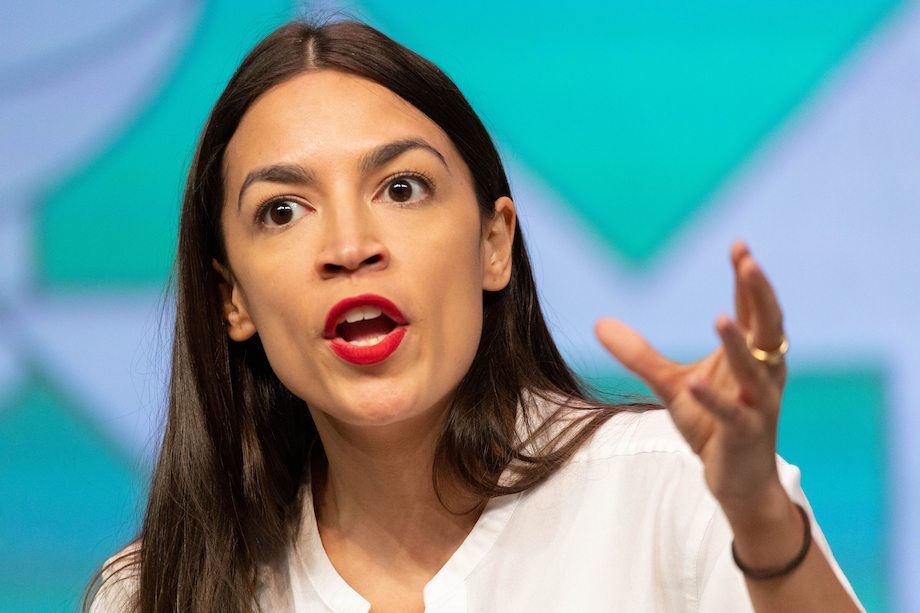"The political climate is just not there to get anything across the finish line until after the next presidential election" in November 2020, said Kyle Davis, director of federal US and Canada regulatory and institutional affairs for Enel Green Power.
Davis suggested 2021-22 as a more realistic time-frame for action, with some preliminary legislation being introduced in Congress perhaps late this year or early next year.
As for the specific idea of a carbon tax, he said that term has a "branding problem" for the Republicans in Congress, where laws are drafted and debated. The issue of raising taxes is a political hot potato in much of the US.
Tara Billingsley, a partner at the governmental relations consultancy Massie Partners, agreed regarding the timing. "I don’t expect it in this Congress and with this president," she said.
Billingsley, however, said she remains optimistic. For example, climate hearings have already been held in the Republican-led Senate.
Jon Chase, vice president of public affairs at Vestas American Wind Technology, noted that the much-vaunted Green New Deal was released by the progressive wing of the Democratic Party and is only designed to send a message. It is only a non-binding resolution, he stressed.
Nor is it yet clear what the GND includes as carbon policy. When released by the progressive Congresswoman Alexandria Ocasio-Cortez and Senator Ed Markey in February, the deal called for 100% net zero carbon by 2030 — some emissions can be offset — and a digitised grid.
Debate about its specific contents is under way right now in Washington, said Chase.
But he lamented that the deal, which so far includes aggressive social and economic justice elements, is dividing even Democrats into progressives and moderates.
"I think it’s creating a vacuum. There’s a generational issue," he said. It would be a once-in-a-generation deal for such a package to be passed, he suggested.
As for the likelihood of a carbon tax, the consultancy Wood Mackenzie Power & Renewables assumes that there will be one as of 2028 in its US wind projections.
On the same day as the AWEA panel, representatives from 70-plus companies — ranging from PepsiCo to Tesla and General Mills — met with lawmakers in Washington regarding a carbon tax.
In response, Senator Chris Coons said that bipartisan legislation for such a tax could be introduced this summer. However, it is not expected to make much headway anytime soon.


.png)


HR.jpeg)
.png)








